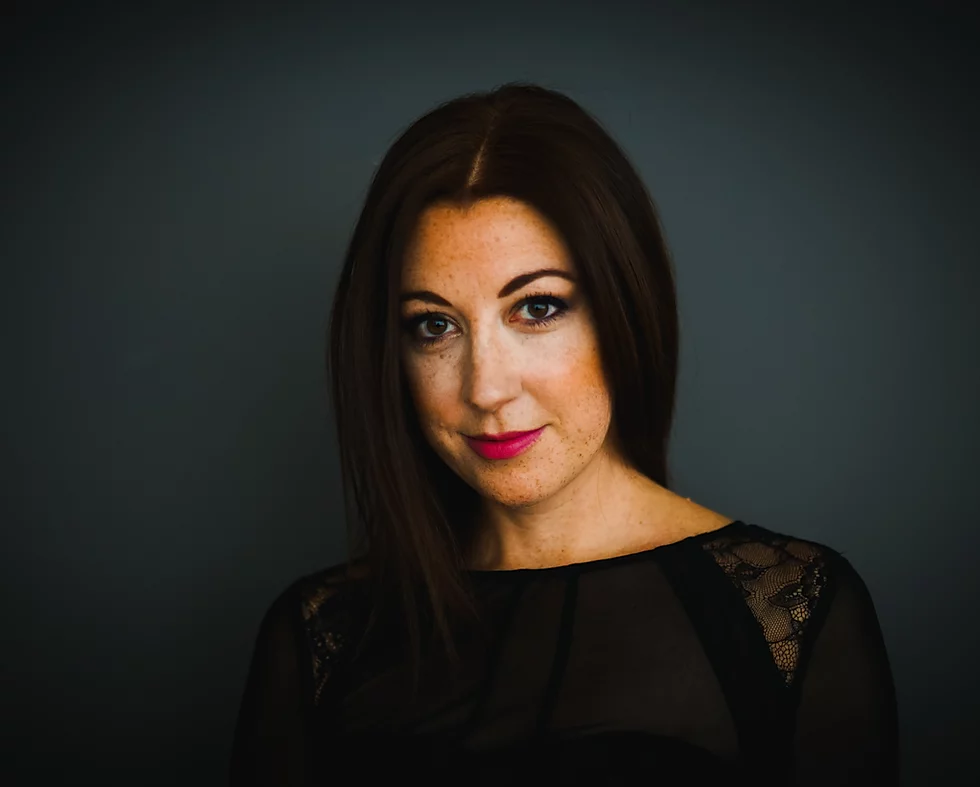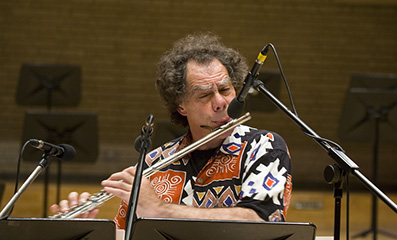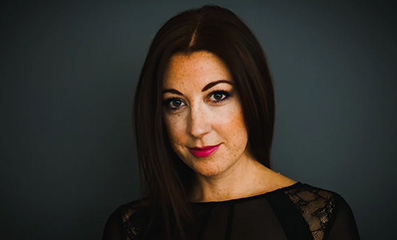
Erica Peel is one of the leading piccolo players of her generation. She is currently the Piccoloist with The Philadelphia Orchestra and a faculty member of the Peabody Conservatory. Erica is not only a superb orchestral musician and teacher, but also an avid chamber music player and arranger.
During the COVID-19 pandemic Erica published on her website "Practice with the Experts - Piccolo Edition", which can be downloaded for free.
What inspires you? What other disciplines besides music inspire you?
Inspiration can come in many forms, so long as you’re looking for it. I am inspired by the work ethic of my students and by the performances of my colleagues. Outside of music, I am inspired by nature and art. In fact, I wrote an entire album of music based on abstract paintings. Art and music live within one another!
What technique helps you be organized so you can meet deadlines (concert or recital performances, teaching, book writing, composing, etc)?
It seems that the busier I am, the better I am with meeting deadlines. In practice, I record myself relentlessly to achieve great results quickly. I learn music very fast this way. I also find that dedicating a certain part of the day to focused work (the morning, with coffee, is always the best for me!) is crucial to getting things done.
Do you play any other instruments besides the flute? If so, does it contribute in a positive way to your flute playing? How?
I began my musical training on piano and still dabble from time to time. It’s essential to the composing process, and benefits me greatly when determining harmonic structures of the music I’m working on, or understanding the relationship between the flute and piano parts of new works.
Harberg Sonata for Piccolo and Piano
What’s the most important piece of advice that you would give to a musician in general, or a flutist in particular?
Train yourself to have a growth mindset. Be a sponge, experiment with ideas, and always be open to new concepts or ways to approach the instrument and music. I am always listening for new ideas that click with me, and I know that I have so much more to learn!
Is there a technical aspect to flute playing that you feel is vital for success?
Aside from any unhealthy positioning that could cause injury, no. If you watch 10 of the greatest flutists, you can see that they all approach playing differently, and every way clearly works! The idea is to find the path on which your voice is best expressed.
What do you consider to be the most important aspects of musicianship?
Openness and risk-taking. I find that too many students get stuck in the “student mindset”, and don’t feel they have permission to play things a certain way, especially if it’s not how their teacher plays it. The sooner you can take ownership over your artistry, the sooner you’ll grow.
Do you think that there is an aspect of flute playing that is neglected that should receive more attention?
Vibrato! Often times, vibrato is thought of as a part of your sound that develops and is just there as you play. I feel that vibrato is a tool, much like dynamics and color, that a player should use in service to the music. It should always be a thoughtful choice that a flutist makes.
Paganini Caprice No. 5
What is one of the highlights of your career so far?
There have been so many career-altering moments throughout my professional life, but the one that sticks out is my first trial week with the Philadelphia Orchestra. I had been one of two finalists for the piccolo job, and the last round of the audition included playing two weeks with the orchestra. The piece was Shostakovich’s Symphony No. 4. I remember thinking, “this may be the only opportunity I have to play with this incredible orchestra... soak it in.” And I did. I was in tears for most of the week, just blown away by the music-making surrounding me. The sound is unlike any I’ve heard before, and now I get to hear it day in and day out. I’m very lucky!
Who are your favorite composers?
Shostakovich writes very exciting piccolo parts, and his music is wonderfully powerful. I also love playing Prokofiev!
What’s your favorite song or piece in general?
That depends on my mood! Music has a way of soothing your soul, guiding you through grief, mentally engaging you, or allowing you to sit with strong emotions. My favorite song or piece is the one that does exactly what I’m needing in the moment.
Vivaldi Piccolo Concerto
What’s your favorite flute piece?
Hearing Prokofiev’s Flute (violin!) Sonata played well always brings a smile to my face. The Barber Canzone is another one of my favorites. Recently however, all I want to play is music by Amanda Harberg. I feel so connected to her style and her voice, and that connection is what music is all about.
What advice would you give yourself when you were a beginner, if you could go back in time?
I would teach myself how to practice mindfully and efficiently. When I was young (and as I got older!), I thought that if I “practiced” for hours on end, surely I would improve. This is a common misconception, and it’s even taught that we must practice a LOT. If I could go back in time, I would stress the importance of smart practice in short 20-30 minute increments.
When you have lots of time, what pieces of music do you practice?
If I have the luxury of time, I love practicing Bach. The partita or any of the sonatas have a way of bringing you back to the basics.
Fireflies by Herman Beeftink
For more information abut Erica Peel visit:
ericapeel.com
facebook
instagram
youtube


